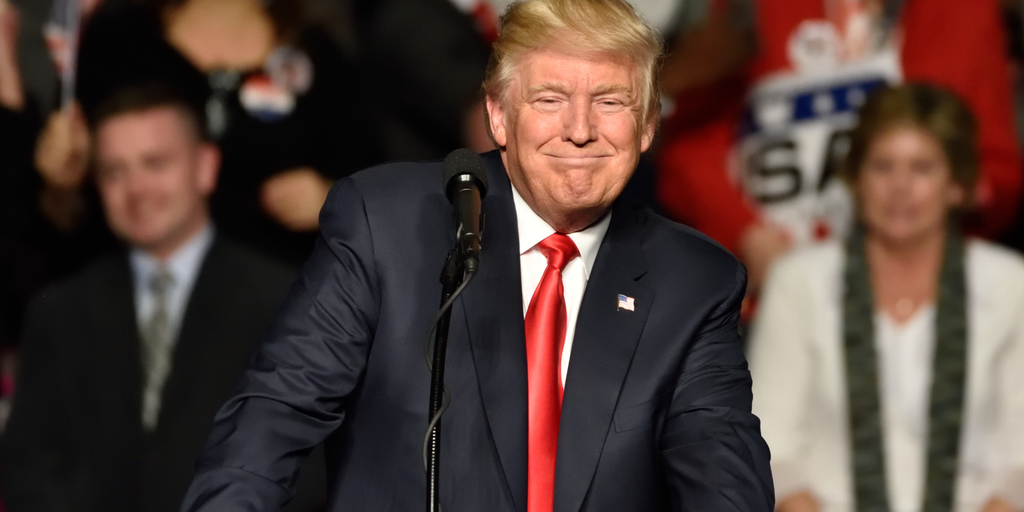Robinhood, a popular retail investment platform, expanded its cryptocurrency services throughout Europe. European Union customers can now transfer digital currencies into and out of the Robinhood app, enhancing its regional offerings and highlighting its global growth ambitions.
Robinhood announced that users in the EU can deposit and withdraw over 20 different cryptocurrencies through its platform, including major digital coins like Bitcoin, Ethereum, Solana, and USD Coin. As a result, European clients can “self-custody” their assets, gaining full control in personal wallets instead of relying solely on external services.
Robinhood’s strategic move marks a significant progression from its initial crypto offerings in the EU. Since December of last year, the company has allowed users to buy and sell cryptocurrencies but restricted asset transfers to external wallets or exchanges. By lifting these limitations, Robinhood positions itself more competitively in the international cryptocurrency market.
MiCA Spurs Robinhood OptimismJohann Kerbrat, the general manager of Robinhood’s crypto division, sees strong growth potential in Europe for digital currencies, pointing to the region’s forward-thinking regulations.
In an interview with CNBC, he expressed confidence that the European Union could emerge as a key market next year. Kerbrat referenced the EU’s new Markets in Crypto-Assets (MiCA) regulation, which sets unified rules for the crypto industry across all 27 member countries.
He pointed out that once MiCA takes full effect, each EU nation will operate under the same regulatory system. “In terms of the total addressable market, [the EU] is as big as the U.S,” Kerbrat said. He also noted that Europe represents a promising opportunity for Robinhood. The harmonized regulations are expected to make business smoother for crypto companies and increase trust among investors.
To promote early engagement, Robinhood has introduced an offer where European customers will receive 1% of the value of tokens they deposit, given back in the form of the same cryptocurrency they transfer.
Source: Robinhood
Regulatory Divide Spurs Expansion
Robinhood’s expansion in the EU comes at a time when U.S. crypto firms are grappling with increasing regulatory scrutiny at home. The Securities and Exchange Commission (SEC) has initiated lawsuits against several companies, including Coinbase, Binance, and Ripple, alleging that they are dealing in unregistered securities. These firms have contested the SEC’s claims, arguing that the tokens traded on their platforms do not qualify as securities requiring registration.
“We are disappointed by the way U.S. regulation is happening, where it’s basically regulation by enforcement,” Kerbrat said. “We are not super happy to see that.”
Robinhood is regulated by the SEC and the Financial Industry Regulatory Authority (FINRA) at a federal level in the U.S., and it also holds a BitLicense with the New York State Department of Financial Services.
The contrast between the U.S. and EU regulatory approaches is stark. While the U.S. relies on enforcement actions to set precedents, the EU is proactively establishing clear guidelines through MiCA. This regulatory clarity in Europe is a significant factor driving Robinhood’s overseas expansion strategy.
Bitstamp Acquisition Expands Reach
In June, Robinhood announced plans to acquire Luxembourg-based crypto platform Bitstamp to leverage the firm’s exchange technology and further its global reach. The deal, valued at approximately $200 million in cash, is set to close in the first half of 2025. This acquisition is expected to provide Robinhood with access to additional international markets and coveted regulatory permissions worldwide.
Kerbrat noted that Bitstamp holds over 50 licenses and registrations globally, including in Singapore, the U.K., and the EU. “The deal with Bitstamp will help us gain access to even more international markets and obtain coveted regulatory permissions around the world,” he said. Beyond expanding globally, the partnership is also anticipated to help Robinhood diversify its crypto business to serve more institutional investors.
For instance, Bitstamp offers a “crypto-as-a-service” platform that assists banks and other financial institutions in launching their own crypto capabilities. This service could enable Robinhood to tap into the institutional market, providing new revenue streams and strengthening its position in the competitive crypto industry.
Currently, Robinhood’s crypto trading, deposit, and withdrawal functionalities are only available to customers in the European Union and not in the United Kingdom. The company launched its popular stock trading service to British users in November of the previous year but has yet to extend its crypto services to U.K. clients.













